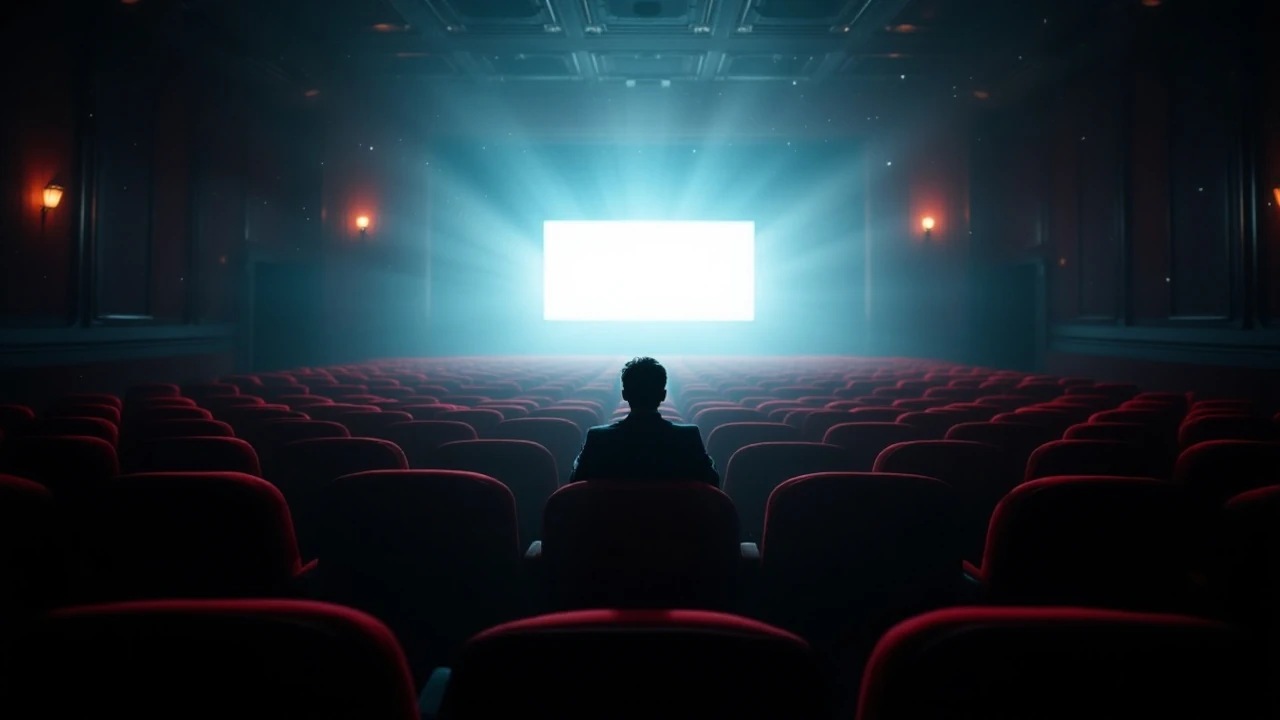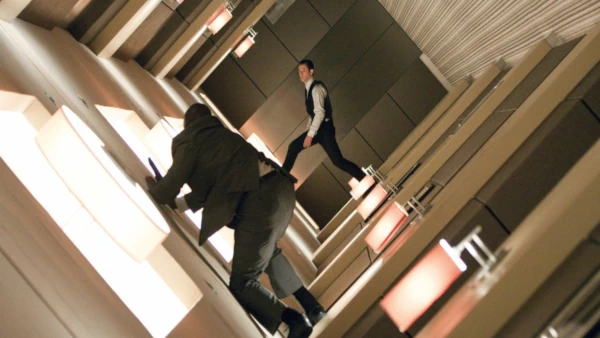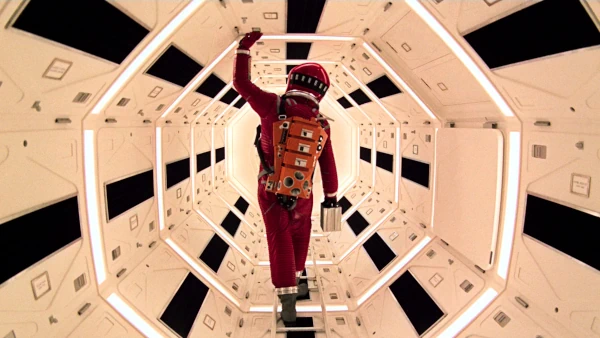We’ve all been there, the end credits start to roll and you’re still sitting in your seat. The film has made a huge impact on you and you’re still trying to process and make sense of what you have just seen and heard.
Some movies are great a manipulating our emotions long after the final scene has played out on the cinema or television screen. Whether the movie ending has made us sad, happy, angry or simply perplexed its also had a profound affect.
It’s not even about whether a film has a good or bad ending, but more about whether the movie’s ending has a deep, often subconscious psychological impact on us.
Table of Contents
The Power of Closure (Or Lack Of)

One of the most immediate psychological effects of a movie ending is the sense of closure. A satisfying conclusion will typically have all of the key storyline elements resolved.
Conversely, an ambiguous or open-ended finale can be a double-edged sword. While some writers and directors love to leave their movie endings open to interpretation, that invites audiences to make up their own mind.
Look at movies such as Christopher Nolan’s, Inception (2010) or Kubrick’s, 2001: A Space Odyssey (1968).
The lack of definitive closure can certainly lead to the audience feeling the need to fill in the blanks. As human beings we really aren’t made to enjoy unresolved cinematic narratives.


That said it does allow for plenty of discussion amongst film critics and movie lovers!
In fact you could say half of the fun after watching a film is talking with other people to find out their take and how it differs from your own.
The Echo Chamber of Our Minds
Beyond mere plot resolution, movie endings are emotional catalysts. A truly devastating ending can evoke feelings of sadness or frustration which can persist after the film has ended.
One example of this may be a film such as Schindler’s List or Requiem for a Dream. The final moments of these movies are designed to leave an indelible emotional mark, forcing viewers to confront uncomfortable truths or experience a sense of empathy.
On the flip side, uplifting or hopeful movie endings such as It’s A Wonderful Life (1946) or The Shawshank Redemption (1994) can leave us feeling positive, motivated and optimistic. These truly are inspiring movies that can influence are mood positively.
Cognitive Dissonance
Some of the most powerful movie endings challenge our preconceived notions leading to what psychologists sometimes call cognitive dissonance. This usually occurs when a film presents a conclusion that conflicts with our existing values.
For instance a movie might end with a morally ambiguous character achieving success or a seemingly just outcome leading to unforeseen negative consequences.
In Brian De Palma’s Scarface (1983), Tony Montana suffers a fate most viewers would accept, the bad guy gets his comeuppance.
Whereas other films give us endings that force us to re-evaluate how we think and feel. It can provoke intense discussion amongst audiences and film critics long after its theatrical release.
I guess it’s why a film such as, No Country for Old Men (2007) which has an unconventional ending, proved so controversial and divisive upon its release. I won’t spoil it for those that are yet to see the movie, but I recommend giving it a look.
13 Must See Thought Provoking Movies
I’ve already mentioned a few movies that I consider to be thought provoking, but there are plenty of other examples for you to look at. I highly recommend watching these films.
- It’s A Wonderful Life (1946)
- The Wicker Man (1973)
- Blade Runner (1982)
- Dead Poets Society (1989)
- Seven (1995)
- Twelve Monkeys (1995)
- The Game (1997)
- The Matrix (1999)
- Memento (2000) (Christopher Nolan)
- Donnie Darko (2001)
- The Butterfly Effect (2004)
- Looper (2012)
- Interstellar (2014) (Christopher Nolan)
The Amazon links on this page are affiliate / associate links. By buying through the links I may receive a commission for the sale.
In Twelve Monkeys (1995) the character played by Bruce Willis appears to have been sent back in time to find the original virus which is wiping out the human race in the year 2035.
However upon his arrival he is arrested and incarcerated at a mental hospital, is he telling the truth or is he really mad?
The Butterfly Effect (2004) is a science fiction thriller starring Ashton Kutcher. He discovers that he has the ability to alter past events simply be reading what he has written in his journal.
Simply put he aims to put right all of the mistakes that occurred in his childhood. Unfortunately each time he alters something it only makes matter worse due to unforeseen circumstances.
Both of these movies leave the viewer with plenty of questions to mull over long after they end.
Conclusion: Thought Provoking Movie Endings
A movie’s ending is far more than just the final scene, done right it can spark a deep emotional and thought provoking response.
Whether its the sense of closure or the way it leaves a lasting emotional mark, the lingering echo of a film’s finale continues to shape our post-viewing experience in profound and often surprising ways.
The next time the credits roll, pay attention not just to the story that just ended, but to the one that’s just beginning to unfold within your own mind.
I would really love to hear your thoughts, you can discuss it on my Facebook page.
You can keep up to date with all the Latest Blu-ray Releases in the UK over on the Popcorn Cinema UK Blu-ray & DVD Release Dates pages.


Don’t forget to sign up to the Popcorn Cinema Show weekly newsletter which will keep you up to date with all of the latest 4K UHD, Blu-ray and DVD news for the UK.
Popcorn Cinema Newsletter Signup
Subscribe to our weekly newsletter below and never miss a 4K UHD, Blu-ray or DVD (UK) release

